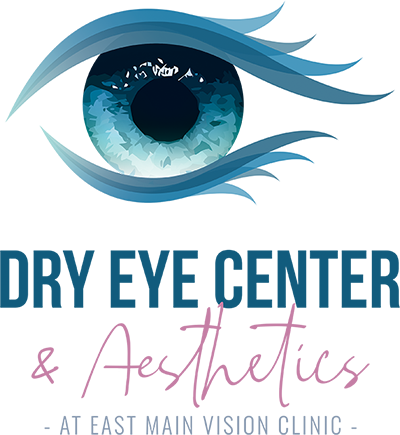October 26, 2022

Allergies are the adverse form of the body's natural reaction to something it thinks is dangerous. They have been around for years, but it was only in the 1800s that the modern era of allergy study began.
What Are Seasonal Eye Allergies?
Seasonal allergies are another word for allergic conjunctivitis. They usually occur when your eyes react to an environmental allergen. The allergens that may cause this are mold spores or pollen. They are called seasonal allergies because they occur more often in other seasons, like spring, than in others.
The allergic reaction is usually an inflamed eye in response to the allergen. The part of the eye that is usually affected is the conjunctiva. It is the membrane that covers the eyeball and the inside of your eyelids. It is significantly sensitive to different types of allergens.
What Causes Seasonal Allergies?
Seasonal allergies occur due to the body’s reactions to substances in the environment that it deems a threat. The substances stimulate the production of histamines that lead to the symptoms you experience. Some environmental substances that usually elicit these reactions are:
Pollen from grass and trees.
Animal dander.
Household dust.
Mold spores.
Scents and fragrances from perfumes and household detergents.
Sometimes, particular patients may experience symptoms of allergic conjunctivitis in reaction to certain medications. These could be new contact lens solutions or medical eye drops.
What Are the Symptoms?
Most people have the same reaction to seasonal allergies. The most common symptoms are:
Watery eyes.
Itchy eyes.
Burning sensation in your eyes.
Puffy eyes in the morning when you wake up.
What Is the Treatment for Seasonal Eye Allergies?
Home Care
Treating seasonal allergies at home involves combining preventive strategies and symptom relief tips. First, reduce your exposure to allergens. You can close your windows when there is too much pollen. You may also try to reduce your house's dust and use an indoor air purifier. Avoid using harsh chemicals for cleaning or look for fragrance free products.
Avoid rubbing your eyes because it will worsen the symptoms. You may try applying a cold compress to your eyes when the symptoms intensify, to reduce inflammation and itchiness.
Antihistamines
These are the most common choice because they offer quick relief of the symptoms. You can use them as oral medication or as eye drops. They work to counteract your body's natural histamines directly.
Mast Cell Stabilizers
These may take longer to produce relief, but they last longer once they take effect. The most common mast cell stabilizers come as eye drops and can be found over the counter or in prescription form from your doctor. Sometimes, patients will use both mast cell stabilizers and antihistamines. The antihistamines provide relief, while the mast cell stabilizers take effect and provide long-lasting relief.
Corticosteroids
When symptoms are severe, the doctor may prescribe corticosteroids which help minimize the body’s immune response and reduce inflammation. These drops are for short term use only but generally decrease symptoms rapidly.
No matter how you choose to treat your seasonal allergies, it is always advised to consult your doctor before pursuing a treatment plan. If your symptoms are affecting vision, contact your doctor immediate.
For more on seasonal eye allergies, their causes, symptoms, and treatment, call East Main Vision Clinic in Puyallup, Washington at (253) 780-0700 today.



